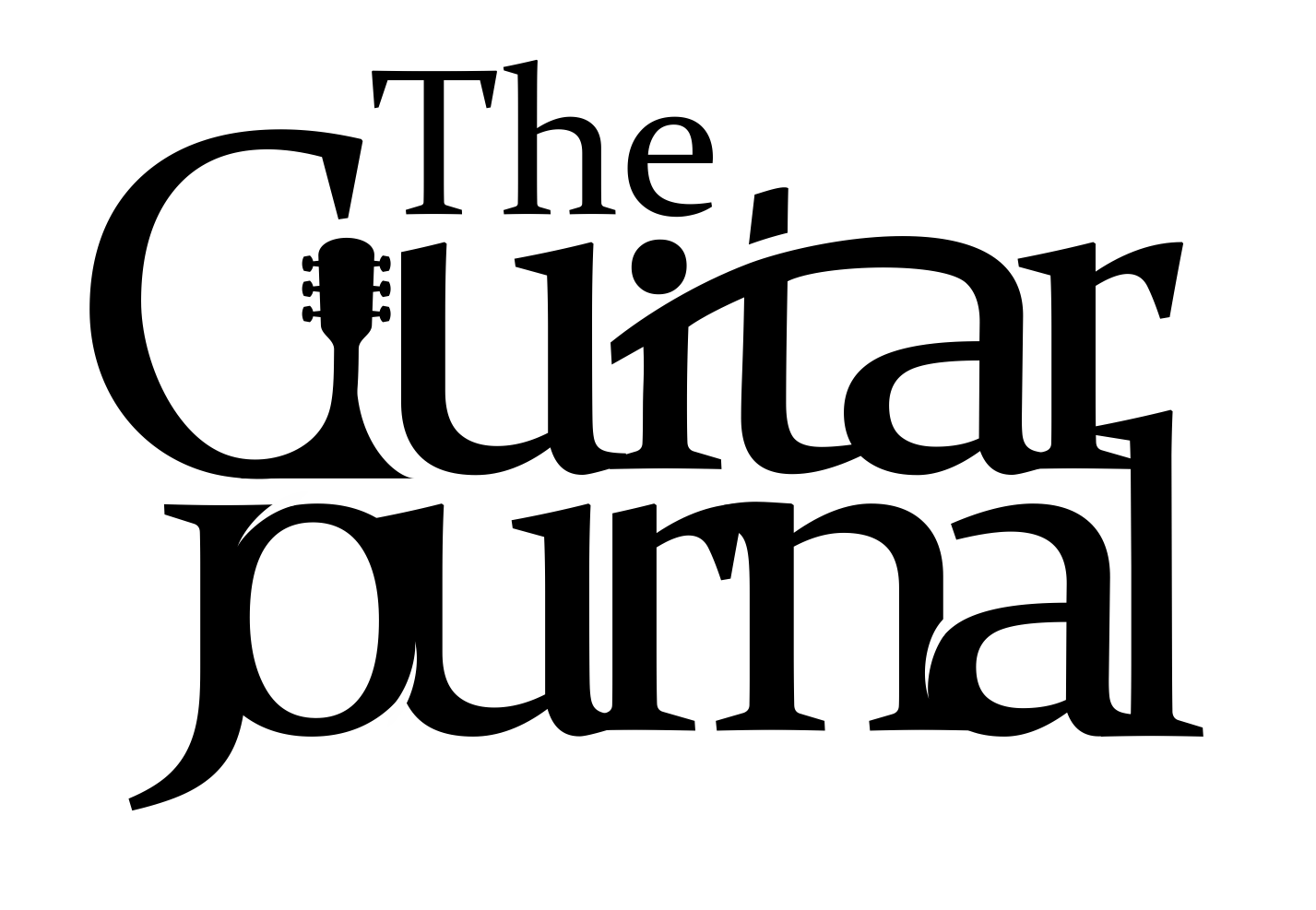An Introduction to Traditional Irish Guitar
GUEST POST - I thought I might offer a few words in this post about a guitar genre that rarely gets the spotlight outside of its own community of players, namely that of guitar accompaniment in traditional Irish music.
Now when I say "traditional Irish music " - or "trad" for short - I'm referring specifically to the instrumental forms of the dance music : the jigs, reels, slip-jigs, hornpipes and polkas (yes, polkas... Ireland was invaded by just about everyone at some time or other).
The roots of these tunes reach back into the ages beyond where any of us can pin point, and they offer incredible opportunities, challenges and rewards for the curious guitarist. My own journey over the last twenty years or so has been a balancing act between respecting the tradition and finding my own voice, and I wouldn't change a minute of that learning curve.
Ok, I might change a few minutes hear and there, and for those of you who might want to dip your fingers into these waters, I thought I might offer some advice and spare you some of the bumps and bruises I acquired in my early days.
Traditional Irish Guitar Players
For reference, listening to those that came before us is always a good idea, and here are some of the names to explore:
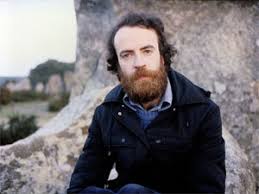
Mícheál Ó Domhnaill made his mark through the 70s with The Bothy Band, and his strong driving rhythms along with almost a "power chord" feel at times brought a new vibrancy to the genre that led to a new and younger audience listening to the old tunes.
More on Wikipedia >>
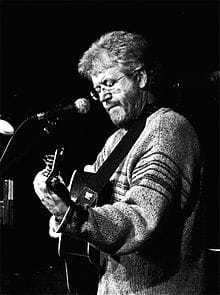
Dáithí Sproule (Pronounced "Da-Hee", which is the Irish version of David) pioneered DADGAD guitar accompaniment in Irish music. These days, the best place to hear his accompaniment work is with ALTAN, a great Donegal band loyal to the tradition.
Sproule's Website >>
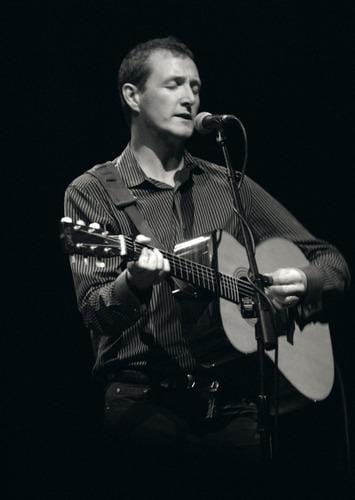
John Doyle rose to prominence with the band Solace, and developed a style that is completely his own, often copied and never equalled.
John Doyle Website >>
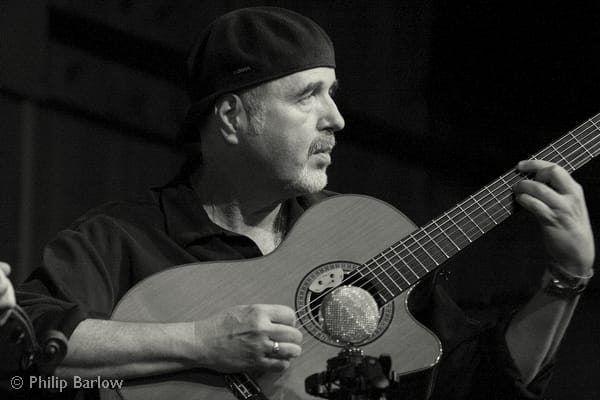
Denis Cahill, most often seen accompanying fiddle player Martin Hayes, is a fine example of what I call the less-is-more player; minimalist and beautiful, allowing the melody to sing, which leads me on to my next point....
Denis Cahill Website >>
Melody Is Everything
When you sit down, guitar in hand, listening to Irish tune playing either via a musician friend or a recording, remember that it's all about that melody line - that's where the tradition lives. To encroach on that melody is the equivalent of drowning out the singer. It took me a minute, as someone who came from a rock/blues/jazz/punk/anything guitar background to realize I had no business vying for a piece of the spotlight. My role was a supporting one.
And after a while I realized that this "servile" role was actually the source of much liberation as a guitar player. I could go on and on about this and expand ad infinitum, but I have some ground to cover in this one blog post, so onward….
The Forms
Many, many times have I heard the comment that trad "all sounds the same" - all diddley diddley diddley....so how hard can it be to play along with?
When you think about it, every musical genre sounds "all the same" when you only give it that initial cursory glance. Blues, Country, Jazz, Hip Hop. They can all be stereotyped and reduced to a caricature. Listen to anyone of them for more than the time it takes to change channels, however, and things start to snap into focus. Trad is no different.
A Jig
That diddley diddley diddley rhythm? That's a jig - 6/8 and one of the basic tune forms. Listen to a tune called Out On The Ocean - a trad Standard - for the feel of a jig (or at least the feel of THAT jig - although they each have fundamental similarities, they also have their own personality, kinda like people).
A Reel
The other basic form is a reel: 4/4 , mostly eighth notes. Check out The Star of Munster as an example of a standard repertoire tune. Your road starts with those two. From there it just gets deeper and more fascinating.
Learning Traditional Irish Guitar
There are some great teachers out there - it's something I enjoy myself - but I would like to point out some others:
Jimmy Murray plays primarily nylon string guitar, but his rhythmic and melodic sensibility is really something.
Jimmy Murray Guitar lessons >>
Dave Curley is a DADGAD player that I really like.
a quick google search will find both of those guys, and I’m a fan of both.
So that's some of the trad stuff, ie the instrumental tunes. What about the songs we all associate with Irish music ? The "Pub songs" as they're often called.
Pub Songs
Every time I think on the subject, I'm reminded of my days singing for my supper in Dublin, and my old friend Martin Denning singing to the tune of Simon and Garfunkel's The Boxer:
"I am just a folky and my story seldom told
I have plundered Irish music with a lump of German plywood and a capo
All lies and jest, I have learned the songs with just two chords and disregard the rest.
Li la li li. Li la li li. Li la li"
I love a lot of those Irish ballads and spent plenty of my early career belting them out to all and sundry. I regard a lot of those songs as the Irish equivalent of Classic Rock, in much the same way as I regard The Dubliners as the Irish Rolling Stones. If you want to familiarize yourself with the standards of the Irish Pub Song/Ballad genre, go get a collection of recordings by the Dubliners circa 60s/70s, with the never-to be-equalled Luke Kelly on vocal. Great stuff.
The songs, as opposed to the tunes, allow an audience to sing along and perhaps interact more with the music. So therefore they lend themselves to a party atmosphere.
Beneath that layer though, are a wealth of songs dating back to antiquity - a vein that is still being mined, but since this is a guitar blog, that's a story for.another time and place.
Bottom line is...
....if you've never considered turning your guitar's attention to the twists and turns of Irish music, a world of discovery awaits, you lucky dog....
About the Author
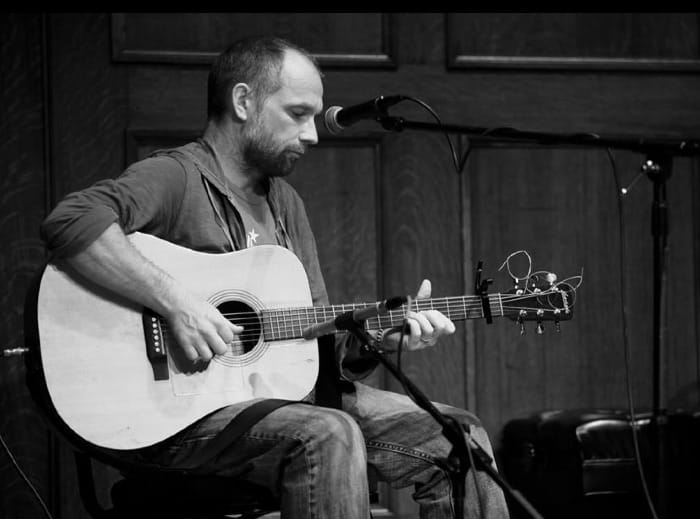
Hailing from Cork in the south of Ireland, Patsy O'Brien has traveled the globe, guitar in hand, accompanying, creating and recording with some of the giants of Irish music.
An award-winning songwriter and much sought-after guitarist, his ability to meld songwriting and guitar styles seamlessly caught the attention of NPR who featured his arrangement of The Star Of The County Down (see below) on their All Songs Considered program.
For more info, visit his website, or follow him on Facebook and Instagram.
More Resources: Learn To Play Traditional Irish Music
[products limit="2" columns="2" orderby="date" order="DESC" ids="2291,2277"]
